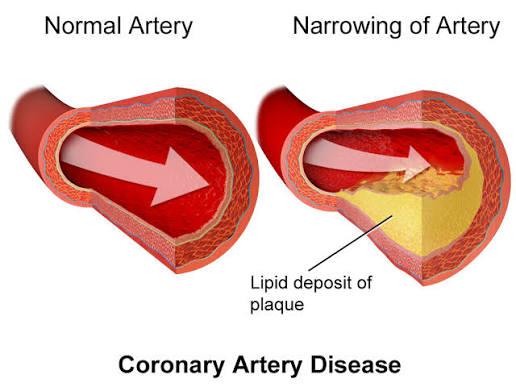
A 45-year-old male presents with a severe urinary tract infection caused by Escherichia coli. The physician decides to prescribe an antibiotic. Which of the following antibiotics is most appropriate for this type of infection?
- A) Amoxicillin
- B) Ciprofloxacin ✓
- C) Doxycycline
- D) Vancomycin
In the case of a severe urinary tract infection (UTI) caused by Escherichia coli, the choice of antibiotic is critical for effective treatment. Escherichia coli is one of the most common pathogens responsible for UTIs, and its susceptibility to various antibiotics can vary based on local resistance patterns.
Among the options provided:
A) Amoxicillin – While amoxicillin can be used to treat some UTIs, it is not typically the first-line treatment for E. coli infections due to increasing resistance rates.
B) Ciprofloxacin – This fluoroquinolone antibiotic is often used as a first-line treatment for complicated UTIs and has good efficacy against E. coli. It penetrates well into the urinary tract and has a broad spectrum of activity.
C) Doxycycline – This tetracycline antibiotic is generally not recommended for uncomplicated UTIs as it does not have optimal activity against E. coli compared to other options.
D) Vancomycin – This glycopeptide antibiotic is primarily used for treating Gram-positive infections and is not indicated for E. coli or urinary tract infections.
Given these considerations, B) Ciprofloxacin would be the most appropriate choice among the listed antibiotics for treating a severe UTI caused by Escherichia coli.







